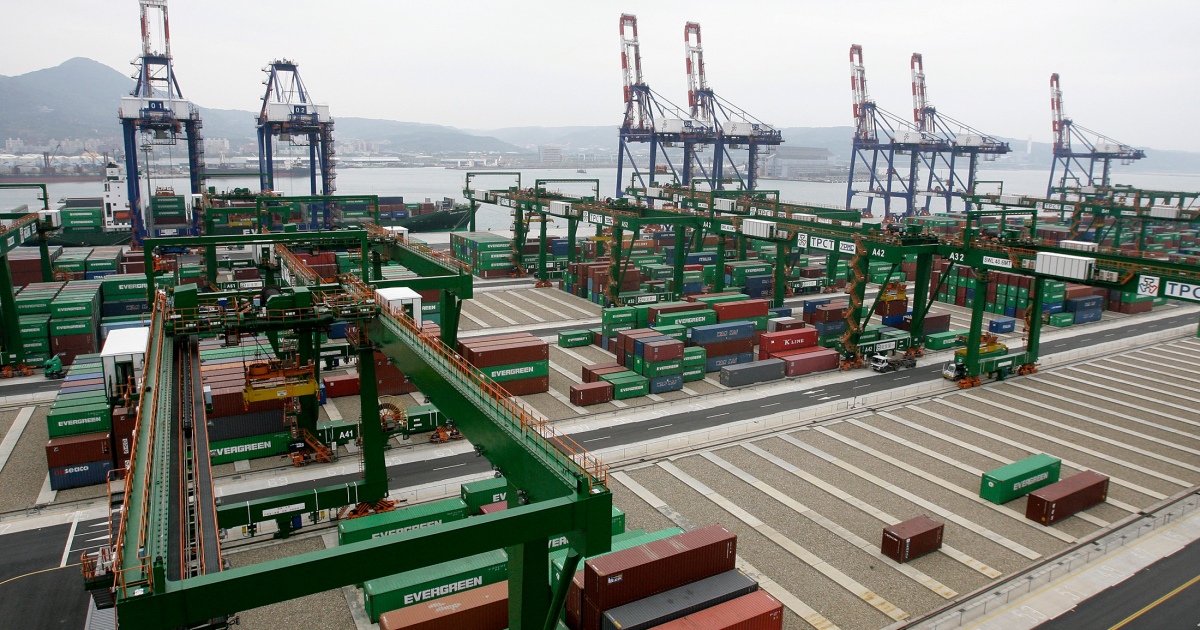Chinese economy, trade flow affected because of COVID-19 lockdown
Beijing, China:
According to CGTN, the local administration has put the city in a state of static closed-off management due to the increasing coronavirus cases.
Meanwhile, the real estate slump in China has sucked in both banks and provincial governments, threatening a bigger impact on the world’s second-largest economy.
According to Nikkei Asia, defaults have soared over the past 12 months after property developers’ debt-fueled growth model lurched into reverse. Around 99 defaults on domestic debt occurred in the year including delayed payments, according to Shanghai-based Wind Information.
It is to be noted that China’s factory-gate inflation in July reached the lowest since February last year, according to the National Bureau of Statistics. The country’s producer price index, which gauges factory-gate prices, increased 4.2 per cent year-on-year in July, following a 6.1 per cent rise from the previous month, China Daily reported citing NBS.
Earlier Chinese Premier Li Keqiang had visited the southern technology hub city of Shenzhen and urged a “heightened sense of urgency” for an economic recovery. But the property sector presents a unique set of challenges, reported Daisuke.
Real estate drives about one-third of China’s economic activity, by some estimates, and housing accounts for about 70 per cent of household wealth, making it the most important investment for most Chinese people.
In 2020, to address concerns about an overheating property market in which homeowners would often buy apartments before they were built, China started to crack down on excessive borrowing by developers.
The move created a cash crunch for many firms that had relied on easy access to debt to keep construction projects humming. As financial strain deepened, Evergrande and other large property developers spiralled into default, and the impact rippled across the industry, reported NYT.
Xi’s Zero-Covid policy has failed terribly as new areas come under coronavirus infection especially the tourism hubs of Tibet and Hainan.
With the restrictions and the enforcement of lockdowns in an abrupt manner, tens of thousands of tourists are stranded in China.
Coronavirus infections are spreading to new areas in China even as the old infected areas remain hotspots. Despite the restrictions on public movement which led to a loss of livelihoods and huge mental harassment, the Zero-Covid policy did not work. The coronavirus infection is spreading to new areas of China, making people helpless, Asian Lite International reported.
Due to the enforcement of lockdowns in an abrupt manner, tens of thousands of tourists are stranded now. Ironically, China was the first to declare that the country was free from Covid-19 in early 2021.













